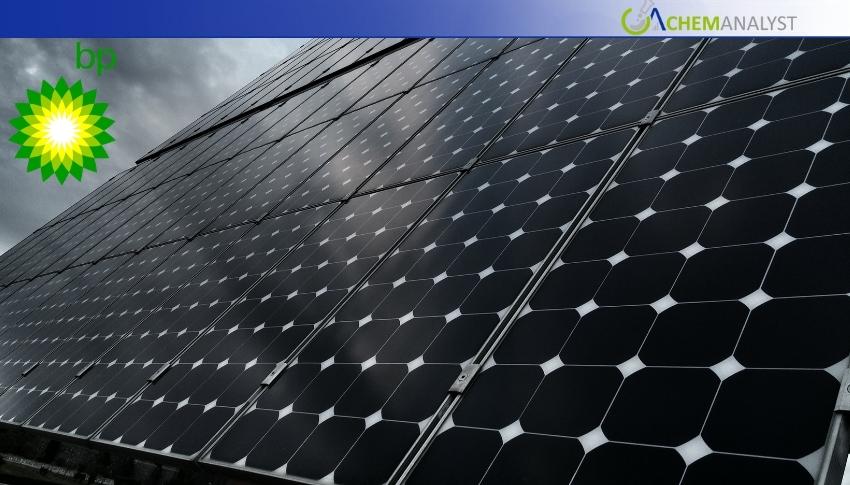Welcome To ChemAnalyst

BP exits Australia’s Renewable Energy Hub, refocusing on oil and gas; InterContinental Energy now leads the major green hydrogen project.
BP, the multinational oil and gas giant, has officially announced its decision to withdraw from the Australian Renewable Energy Hub (AREH), a large-scale green hydrogen and renewable power project located in Western Australia. This exit signals a strategic pivot back toward the company’s conventional oil and gas business, as reported by Energy Source & Distribution. BP’s decision to relinquish both its majority ownership and operational leadership of the project comes amid changing corporate priorities.
The company has notified its joint venture partners, InterContinental Energy and CWP Global, of its departure. Following BP's exit, InterContinental Energy has assumed operational control of the project. A BP spokesperson told the Australian Broadcasting Corporation (ABC), “This move reflects our updated priorities. We are now concentrating on strengthening our oil and gas operations and will approach investments in the energy transition more carefully.”
Previously, BP held a 63.57% stake in the AREH, which was conceived as a landmark initiative to generate renewable electricity and green hydrogen, both for local consumption in the Pilbara region and for international export. Located approximately 250 kilometers east of Port Hedland on the traditional territory of the Nyangumarta People, the AREH has been touted as a potential world-leading renewable energy development. Once operational, the project is expected to contribute significantly to Australia’s green energy capacity and help facilitate the global shift toward low-emissions hydrogen fuels.
BP became involved in the AREH during a period when it was ramping up investments in low-carbon and renewable technologies, a move that was welcomed by stakeholders concerned about climate change. However, in recent times, the company has faced investor dissatisfaction due to stagnant stock performance and questions about the profitability and strategic clarity of its clean energy ventures. These pressures appear to have influenced BP’s decision to scale back its ambitions in the renewables sector and refocus on the more stable returns associated with fossil fuel exploration and production.
Despite BP’s departure, the AREH project is expected to continue under the stewardship of InterContinental Energy, with CWP Global maintaining its involvement as a project partner. The remaining stakeholders are reportedly committed to pushing the development forward, aiming to maintain the project's original vision of producing large-scale renewable energy and green hydrogen. BP’s withdrawal may slow progress in the short term, but it is unlikely to derail the broader trajectory of the initiative, which remains critical to both Australia’s and the global energy transition efforts.
We use cookies to deliver the best possible experience on our website. To learn more, visit our Privacy Policy. By continuing to use this site or by closing this box, you consent to our use of cookies. More info.
